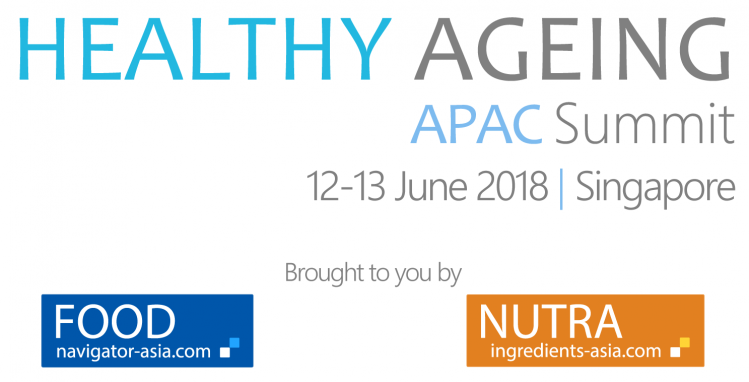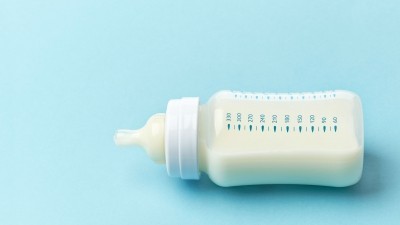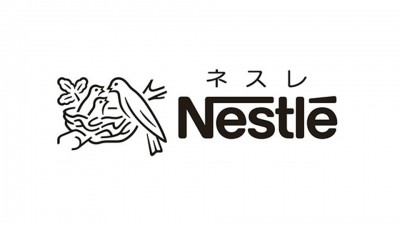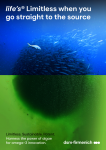Nestlé targets 20 new foods for special medical purposes in China after opening new factory
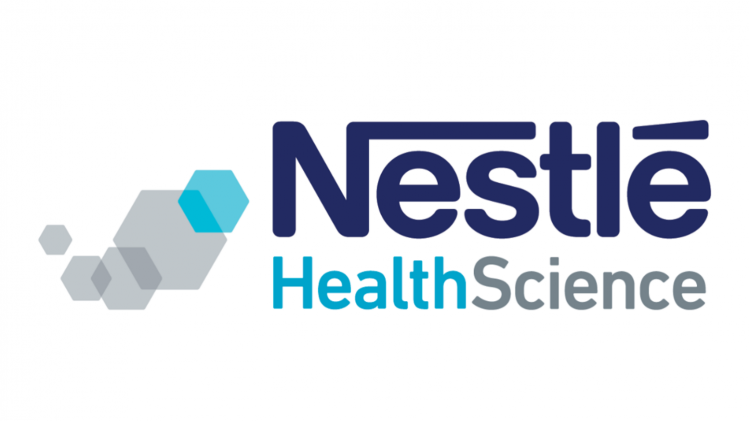
The factories are located in China Medical City (CMC) in Taizhou, Jiangsu Province, with one under Nestlé's wholly owned subsidiary Nestlé Health Science, and the other under Galderma, Nestlé Skin Health's medical solutions business.
Speaking to NutraIngredients-Asia, Nestlé Health Science's Greater China regional business head Cecily Gu said: "At the new factory, we are focusing on developing a protein-based liquid nutritional supplement that will be available in 250ml and 500ml bottles.
"This is an FSMP in puree form, and is the first of its kind in China. Previously, we imported powder from Germany and Switzerland to be mixed with liquids before consumption.
"But with about 110 million people hospitalised a year in China and not enough hospital staff, something more convenient to prepare and serve was required.
"However, the shelf-life for liquid products is only 12 months, most of which is spent on shipping, registration, and obtaining regulatory approval. We knew then we needed a local production facility."
She added that 40% of hospital patients in China are at risk of malnutrition, and many undergo chemotherapy and radiotherapy, leading to metabolic issues and difficulty consuming food.
As such, the puree will be a high-protein formula containing 30 vitamins and minerals to support general nutrition, and can be taken on its own or mixed into food and drink.
It will be available in hospitals as prescribed nutrition for patients, and also at hospital pharmacies for patients who have been discharged but still need the formula for post-hospitalisation care.
Tech, taxes, and innovation incentives
The Nestlé Health Science factory, while highly automated, will employ around 120 staff, and training for 60 of those positions is ongoing in Switzerland where the company is headquartered.
Furthermore, the firm expects the factory's location in CMC to provide added incentives for innovation.
Gu said, "It is the first national-level medical city in China, and is supervised by the CFDA, with fast-track registration support for national start-ups and MNCs.
"The water supply and treatment, as well as the other utilities there, are of a superior standard, and so is the tech support. There are also very beneficial tax policies for businesses in CMC."
Ambition versus regulation
Because FSMP do not have to be classified as medicines or drugs, they are generally more appealing to consumers.
The challenge for Nestlé Health Science was mostly regulatory, as FSMP was a new category and the authorities were cautious about approving such products.
Gu said, "Approval takes eight to 12 months for general nutritional supplements, but products meant for patients need about two and a half to three years. If you want approval for a formula targeting a specific disease, it would take even longer."
She also revealed Nestlé's decidedly ambitious undertaking: to launch more than 20 FSMP products in China over the next two years, including formulations to target specific diseases like diabetes.
She said, "In Asia, we are still lagging behind the rest of the world, especially in South East Asia and China. We need a transformation, from parenteral nutrition to enteral and oral nutrition.
"This was done in the US and Europe 30 years ago, but China in particular is still far behind: 80% of patients in hospitals are prescribed IV treatment, with only 20% receiving enteral nutrition. It's the other way around in the US and Europe.
"However, the FSMP category will open up many opportunities for people — it’s more user-friendly and human-centric, making nutrition more accessible overall."
Healthy Ageing APAC Summit 2018: Our next event will assess how the food and nutrition industry can meet the needs of APAC's rapidly-ageing populations of today and tomorrow. The event, in Singapore on 12 and 13 June, will bring together policymakers, academics and industry experts from the likes of Nestlé, Blackmores, Swisse and Japanese 'engay' food pioneers Nutri co. Find out more here.
